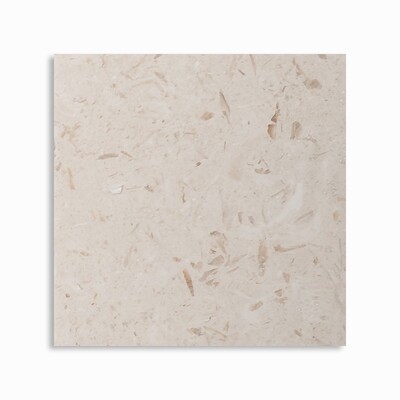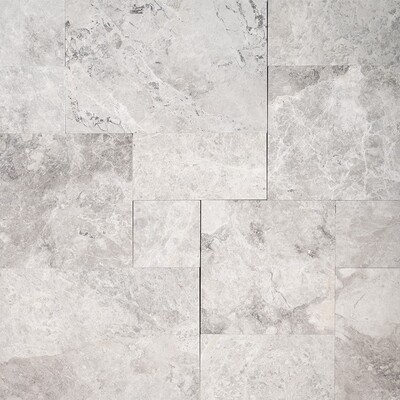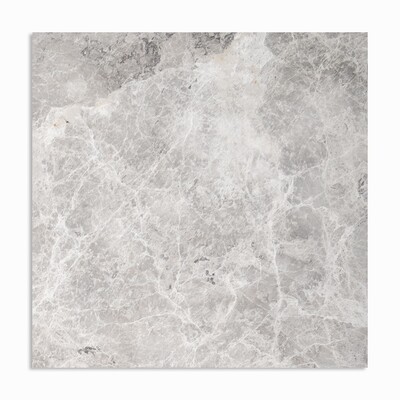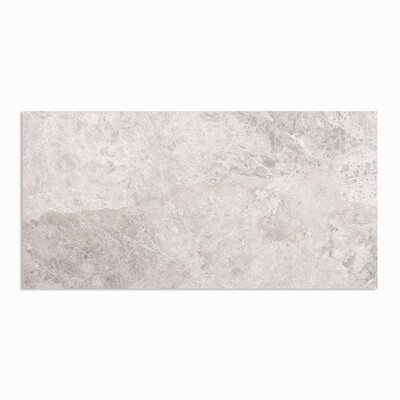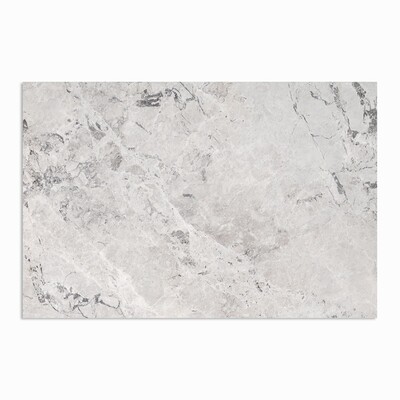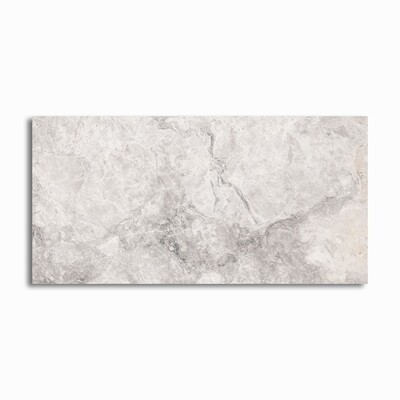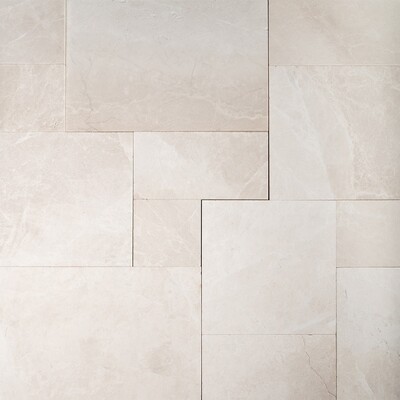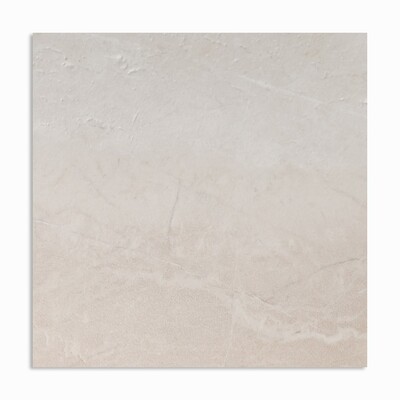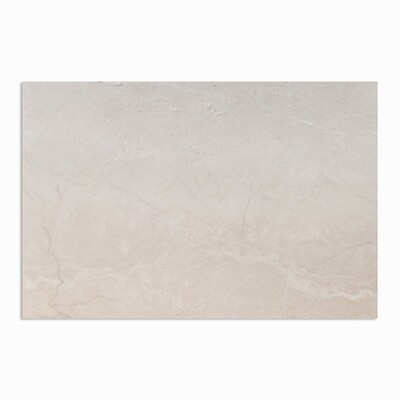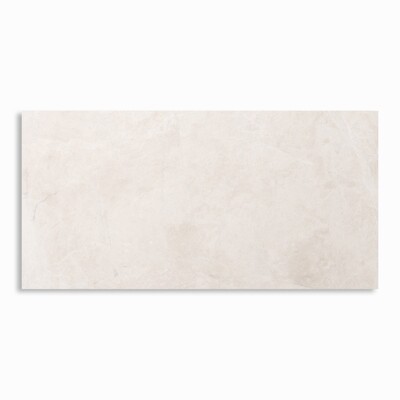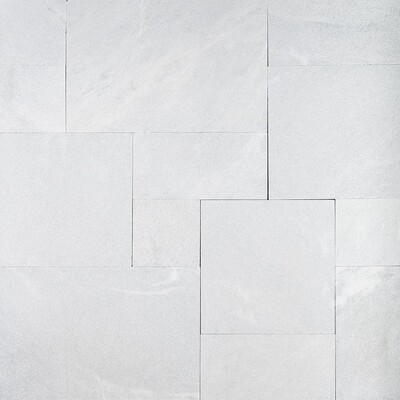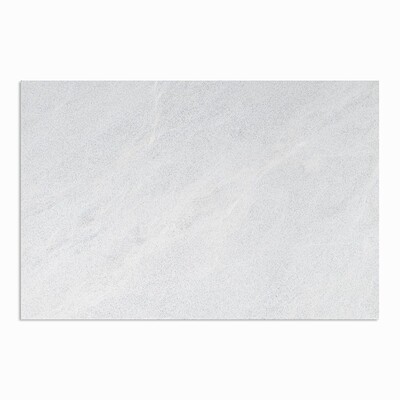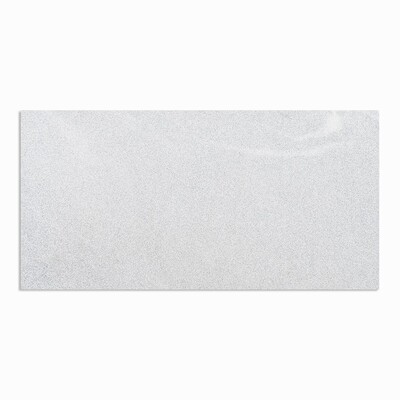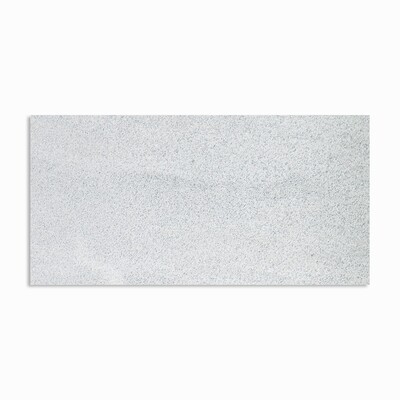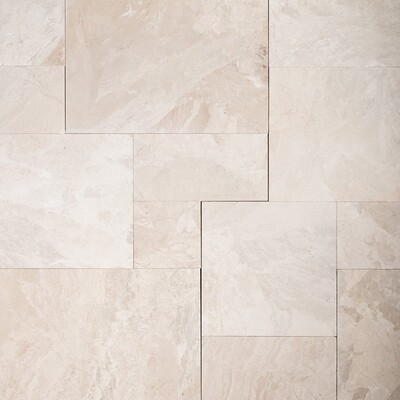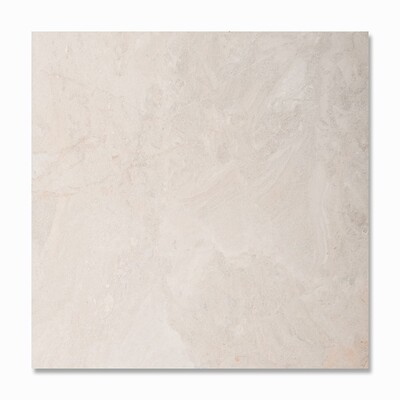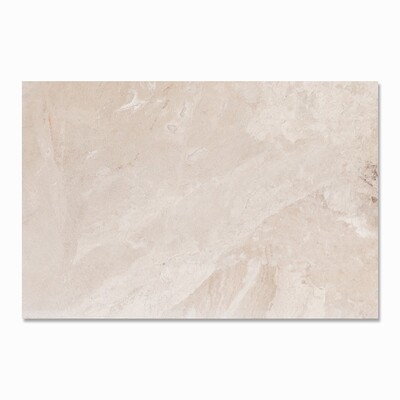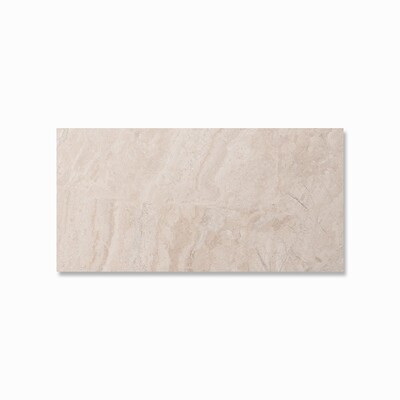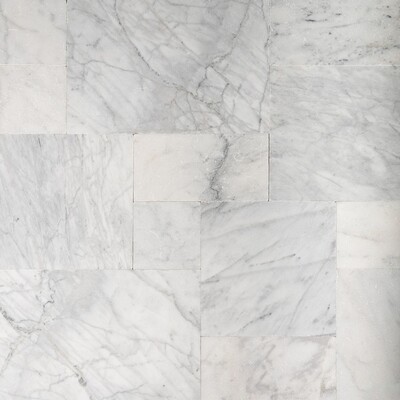70 Products Found.
A paver is a flat, durable stone or tile used for creating outdoor flooring, such as patios, driveways, walkways, and pool decks. Our selection of porcelain, limestone, and travertine pavers offers solutions for every style and need. Also, they provide a stunning look to your outdoor spaces and remain functional year-round. With Stone Tile Depot's premium paver collections, elevate your outdoor design game and experience beyond durability.
Porcelain pavers are a fantastic choice for any outdoor project. Their high durability makes them resistant to scratches, stains, and fading. Porcelain is ideal for areas with heavy foot traffic and exposure to the elements.
They’re also non-porous, preventing water absorption and damage from freeze-thaw cycles. Available in various textures and finishes, including non-slip options, porcelain pavers provide both safety and style for patios, walkways, and pool decks.
Travertine pavers bring a natural, classic look to your outdoor spaces. These pavers stay cool underfoot, making them perfect for poolside areas. Travertine's naturally porous structure ensures efficient drainage, reducing the risk of water pooling. Travertine pavers are slip-resistant, adding an extra layer of safety to your outdoor environment.
Limestone pavers are pretty strong and have a refined appearance. Beyond being ideal for high-traffic areas and harsh weather conditions, these pavers can withstand significant wear and tear while maintaining their natural beauty. The subtle color variations and unique veining of limestone add an elegant touch to driveways, pathways, and patios. Their slip-resistant surface makes them a safe choice for any outdoor setting.
Safety is crucial for outdoor areas, and our range of non-slip pavers ensures your surfaces remain secure even when wet. Be aware of choosing a nonslip tile option that will help prevent slips and falls, making them ideal for pool decks, patios, and other wet areas.
